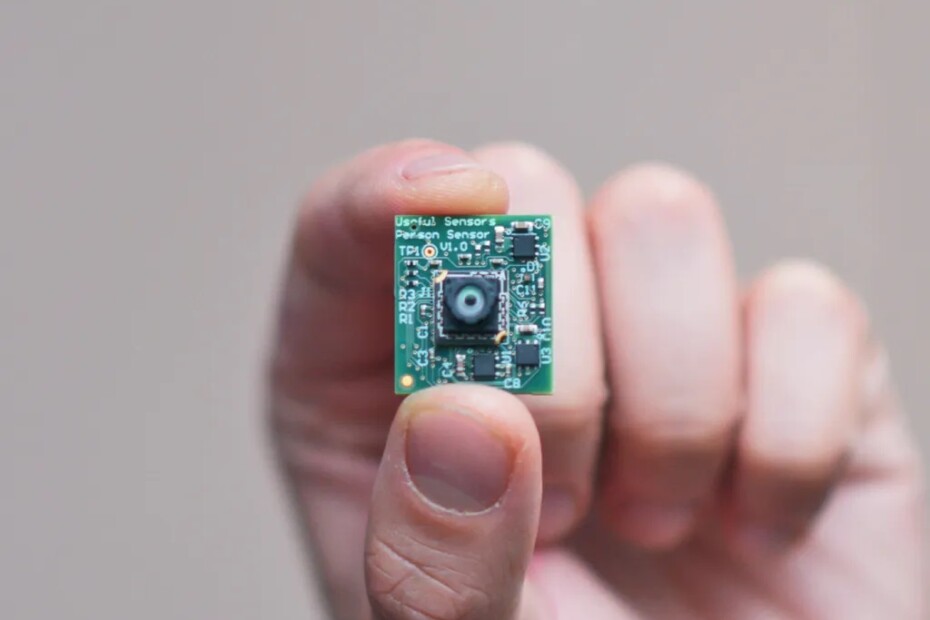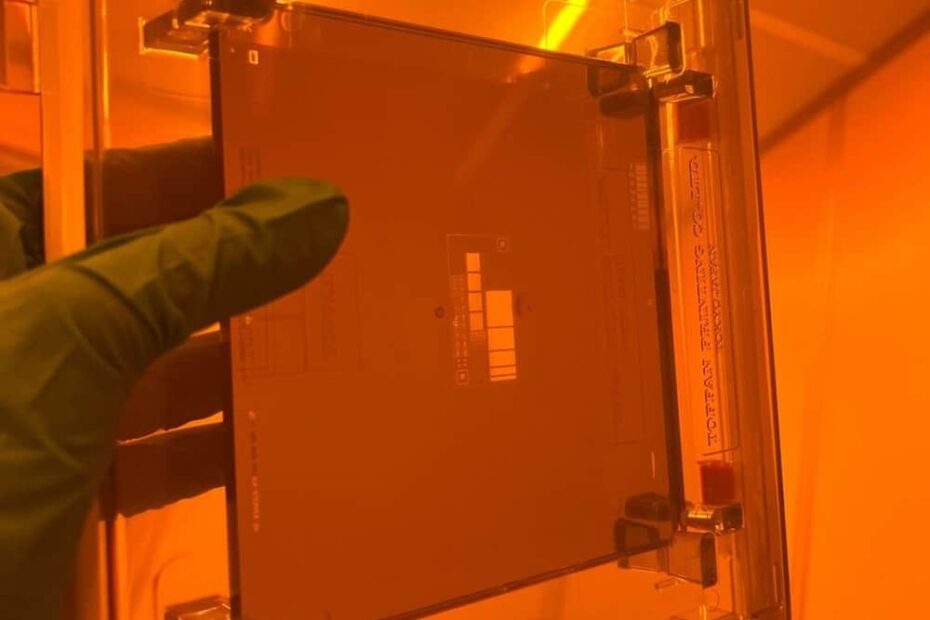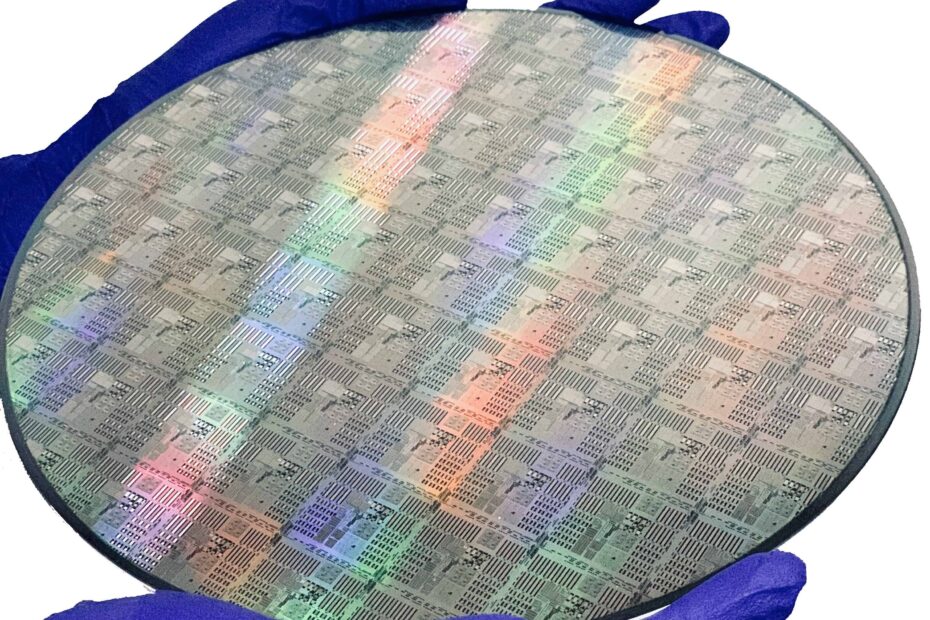From ‘Smart’ to ‘Useful’ Sensors
What’s at stake?
Talk of edge AI, particularly machine learning, has captivated the IoT market. Yet, actual consumer products with local machine learning capabilities, are rare. Who’s ready to pull that off? Will it be a traditional MCU supplier or an upstart — like Useful Sensors?
Tech jargons like “smart home” and “smart sensor” have been overused to the point where real value that might be delivered by the related technologies reaches most non-techie consumers largely as fog.
Why, for instance, would any sensible person fiddle with apps, options and swipes on a smartphone to turn off the light when there’s a simple switch within reach?
Read More »From ‘Smart’ to ‘Useful’ Sensors









